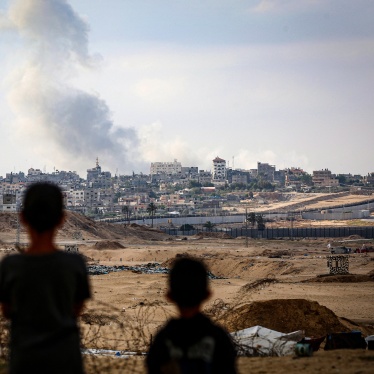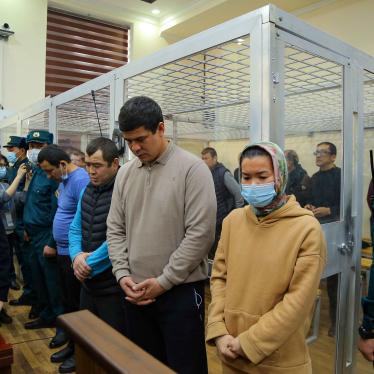General Assembly resolution 60/251 decided that the Council should maintain a system of special procedures. The special procedures have evolved into an integral part of the United Nations human rights machinery. They were the backbone of the Commission on Human Rights. Their importance was emphasized in the seminar on "Enhancing the effectiveness of special procedures of the CHR," organized by the Office of the High Commissioner in October 2005. The goal of the review should be to strengthen—not weaken—the system.
General Assembly resolution 60/251 decided that the Council should maintain a system of special procedures. The special procedures have evolved into an integral part of the United Nations human rights machinery. They were the backbone of the Commission on Human Rights. Their importance was emphasized in the seminar on "Enhancing the effectiveness of special procedures of the CHR," organized by the Office of the High Commissioner in October 2005. The goal of the review should be to strengthen—not weaken—the system.
There is no set formula for rationalizing the special procedures system. Any process must keep in mind that special procedures play many roles including providing independent information on violations of human rights, monitoring ongoing crises and formulating concrete recommendations based on independent expert advice, affording protection and remedies to victims, and addressing non-compliance. In pursuing this review, the Council must look at issues of substance and not merely at numbers.
Based on the record of the existing system and the diverse needs for expert support for the Human Rights Council, special procedures will likely need to be expanded to suit the demands of human rights protection and assistance worldwide, on both thematic issues and country situations. The Council will look at overlaps but it should also identify gaps in human rights issues currently covered by existing mandates with the view to filling them.
A new dynamic should be established between the Council and special procedures and increased interactive exchanges should be a distinct feature of the upgraded body. There should be more country visits, more interaction between mandates, more joint initiatives, more coordination, more follow up, greater visibility and publicity to special procedures’ work, and increased human resources in order for the rapporteurs and other experts to carry out their work effectively. Special rapporteurs, independent experts and working groups should be able to call on the Human Rights Council to place a situation on the Council’s agenda. The findings of special procedures should form an integral part of the examination of States under the UPR, along with the treaty bodies.
Special procedures should be invited to contribute to the review process, in particular through continued interaction with their Coordinating Committee. Finally, for the review to embrace all mandates, the Council should extend for one year the mandates of those special procedures expiring in 2006.





